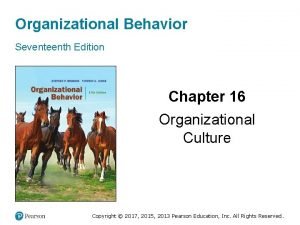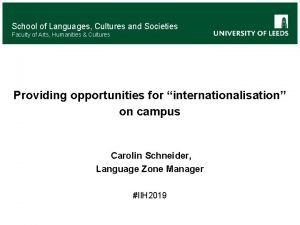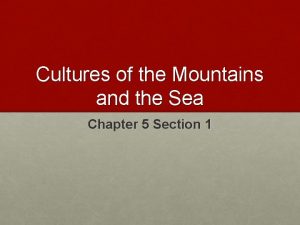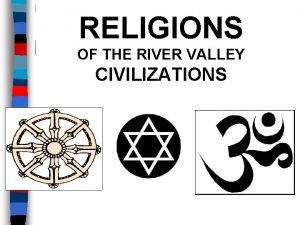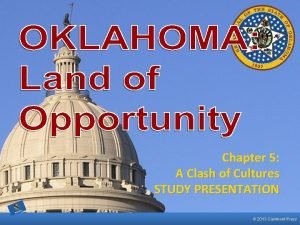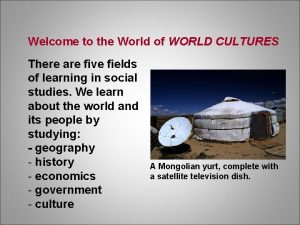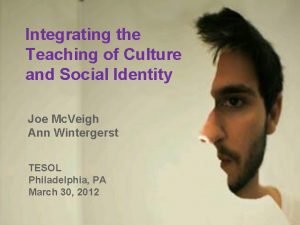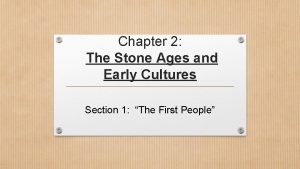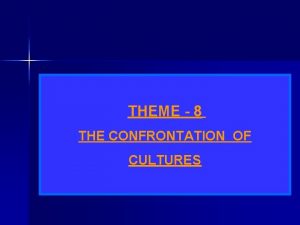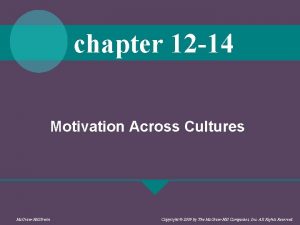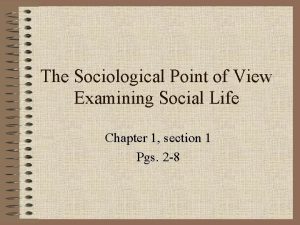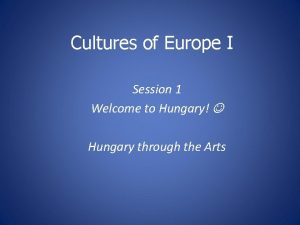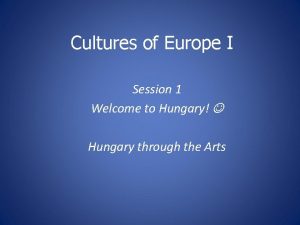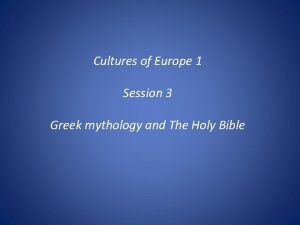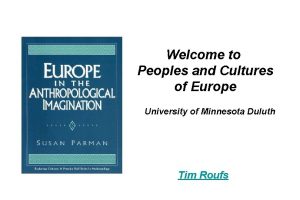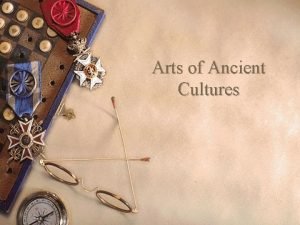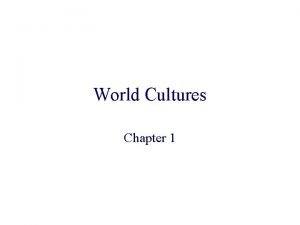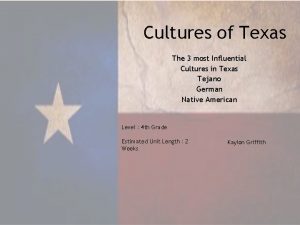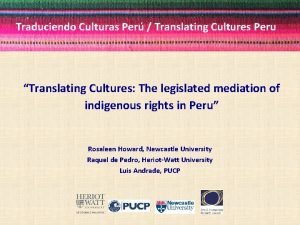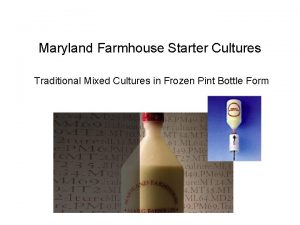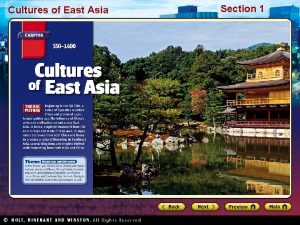Cultures of Europe I Session 2 Welcome to

















- Slides: 17

Cultures of Europe I Session 2 Welcome to Hungary! Hungary through the Arts 2

The Baroque Maria Theresa (1740 -1780) as Queen of Hungary

Baroque architecture o free, symmetrical arrangement o graceful shapes o semi-circularheaded windows o regular subdivisions of the façade and the interior o blended shapes Péterffy Palace, 1756 (Pest) 18 th-century parish church (Jászberény)

Baroque architecture and sculpture o o o open areas sequence of chapels curved walls marble columns blind arches sculpted texture of surfaces Interior of the Paulite Church (Pest) Black Virgin High Altar, Paulite Church (Pest) o o o devotional paintings and sculptures – Virgin Mary sculpture-frame angelic figures detailed drapery gilded statues and picture-frame

Literature Miklós Zrínyi (1620 -1664) o poet, prose-writer, politician, military leader o best-known work: The Peril of Sziget after the classical tradition

Late Baroque – Rococo Sala terrana of the Esterházy Palace, 1765 -68 o Late Baroque historical painting → scenes from Hungarian history o renders the 1566 siege of the Fort of Szigetvár , when its defender Miklós Zrínyi met his death o arose in secular culture, but also established itself in ecclesiastic art o unfolding classicizing taste o construction of public buildings: • free-form arrangements • interiors dominated by a wealth of playful decorations, curvilinear partitioning elements • whimsical ornamentation, exotic motifs • cycle of frescoes in the interior

Nineteenth-century Hungarian art Classicism o early 19 th century o order and hamony education o libraries, art collections, museums o the art of classical antiquity was the fundamental orientation for Classicism o ideas of urbanism and urban planning in architecture Ferenc Kazinczy (1759 -1831) a leading thinker of the time, lay emphasis on art and aesthetics, on the preservation and renewal of national culture István Ferenczy, Sheperdess (The Origin of the Fine Arts), 1820 -22 o one of the best-known works of Classicism in Hungary o no single main view

Neo-Palladian architecture in Hungary • • symmetry proportion , volume, human shape classical Orders rich sculptural decoration

19 th-century folk literarture and Romanticism in Hungary Sándor Petőfi János Arany Sándor Petőfi (1823 -1849) o one of the best-known Hungarian poets o the Hungarian landscape, the issues of the Hungarian folk and folk mythology are central to his poetry János Arany (1817 -1882) o born into the world of folk, he sought to reveal this world in his art o After the Revolution, he turned towards historical themes, sought to give insight through the interpretation of these Ferenc Kölcsey (1790 -1838) o the author of the „National Anthem” of Hungary (1823) o longing for the unknown was the main direction of his poetry, the exploration of the mystery of existence Mihály Vörösmarty (1800 -1855) o one of the initiators of the Romantic movement in Hungarian literature o theme of myths and legends marks a dominant strain of his art o author of Szózat, “Appeal” (1836) Ferenc Kölcsey Mihály Vörösmarty

The 19 th-century portrait Bertalan Székely, Self-Portrait, 1860 Fülöp László, Pope Leo XIII, 1900

A double portrait Henrik Weber, The Composer Mihály Mosonyi and his Wife, 1840’s

Historical painting Mihály Zichy, The Triumph of the Genius of Destruction, 1878 Eugene Delacroix, The Twenty-eight of July: Liberty Leading the People, 1830

The 19 th-century landscape Károly Ferenczy, Church, 1903 László Paál, Path in Fontainebleau Woods, 1876 Miklós Barabás, Venice, Twilight, 1830’s

19 th-century architecture Miklós Ybl, The Opera House, 1884 Frigyes Feszl, The Vigadó (Municipal Concert Hall), 1858 -1965 Ludwig Förster, The Dohány Street Synagogue, 1854 -59

Representatives of Hungarian music Zoltán Kodály Ferenc Erkel Béla Bartók

References: Andrea Palladio, ” at the homepage of The Royal Institute of British Architects. Retrieved from http: //www. architecture. com/Library. Drawings. And. Photographs/ Palladio/Andrea. Palladio/Palladios. Buildings. aspx Szerb, Antal. Magyar irodalomtörténet. [The History of Hungarian Literature. ] Budapest: Magvető, 1972. Bellák, Gábor et. al, A Thousand Years of Art in Hungary. Budapest: Corvina, 2012. Essential Humanities. Retrieved from http: //www. essentialhumanities. net/western-architecture/baroquearchitecture/

Home assignment: Please, look up the following words in an English-language dictionary: god polytheism and monotheism Old Testament New Testament
 Characteristics of organizational culture
Characteristics of organizational culture Welcome to today's session
Welcome to today's session Welcome to the training session
Welcome to the training session Welcome to today's session
Welcome to today's session Welcome session agenda
Welcome session agenda Welcome to the new session
Welcome to the new session Welcome welcome this is our christmas story
Welcome welcome this is our christmas story School of languages cultures and societies
School of languages cultures and societies Chapter 5 section 1 cultures of the mountains and the sea
Chapter 5 section 1 cultures of the mountains and the sea Which cultures believe in reincarnation
Which cultures believe in reincarnation Chapter 5 a clash of cultures
Chapter 5 a clash of cultures How many cultures are there
How many cultures are there Characteristics of collectivism
Characteristics of collectivism The stone ages and early cultures
The stone ages and early cultures Confrontation of cultures
Confrontation of cultures Atakapans
Atakapans Motivation across cultures
Motivation across cultures What is sociology perspective
What is sociology perspective
